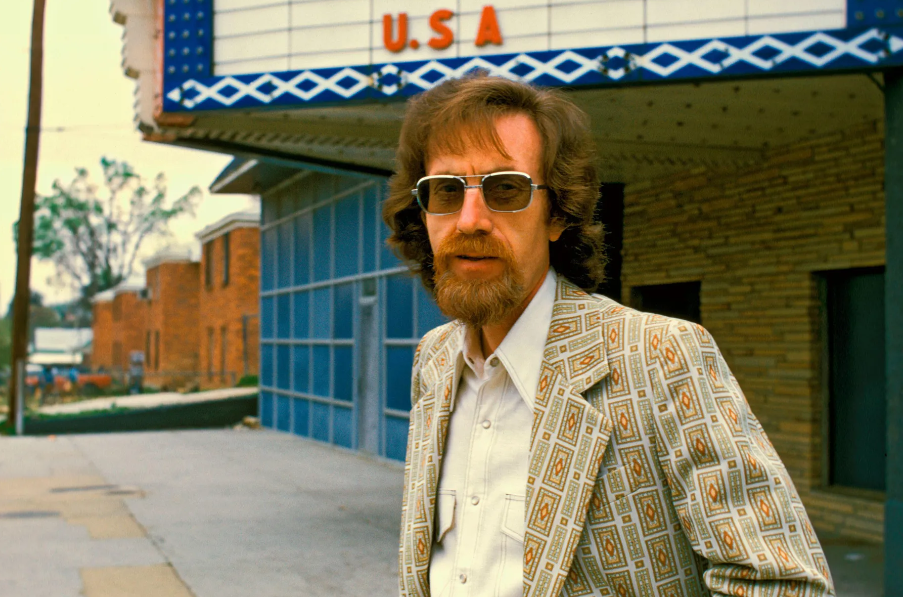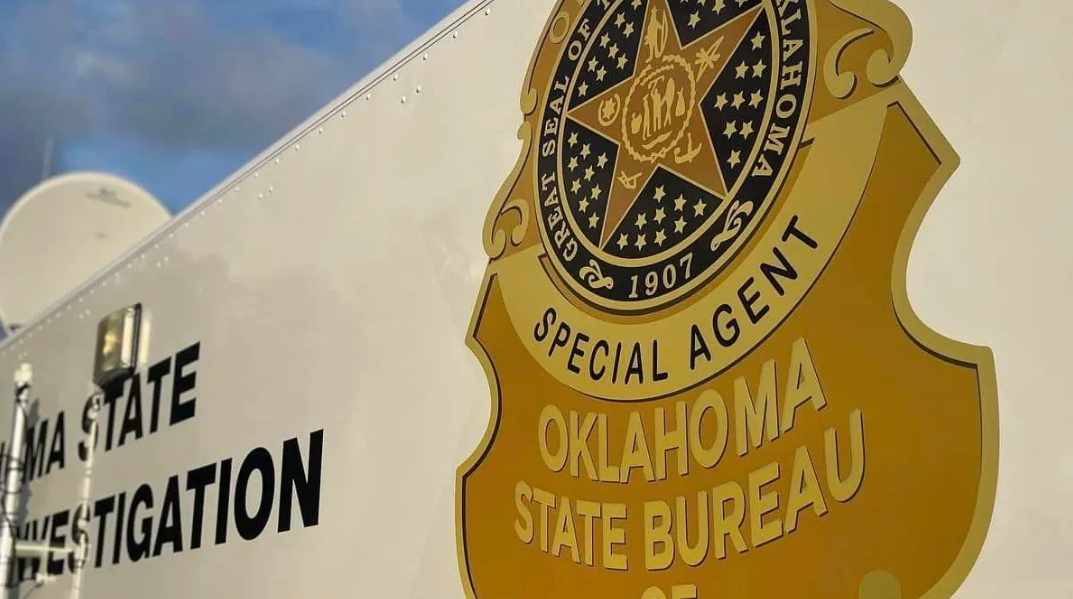Nearly every new cop has heard a field training officer or senior partner utter the phrase, “Forget everything you learned in the academy.” Indeed, in my conversations with senior Non-Commissioned Officers (NCOs) from several branches of the military there is a similar “forget what they told you in Basic.” That’s right. It would appear that the REMFs* in training division don’t know jack about field operations.
Police work, like soldiering, is an apprenticeship. They are “learn by doing” jobs. No matter how much classroom training you have, how many diagrams you draw or how many tests you take, there is a clear disconnect between the classroom and the field. Simply put, little can prepare you for being a brand new police officer on a hot August day when you and one other person (whom you really don’t know) step out of the air conditioned car and into 10 people yelling at each other.
Our training cadres recognize the disconnect between the classroom and field operations and try to supplement training with simulations, role-playing, drills and a host of technologies. Still, the most sophisticated simulation technology feels like a great video game but doesn’t come close to the sensory overload easily obtained at your first homicide scene. The bridge between the classroom and field operations is the field training officer or the NCO.
The senior person who says anything like “forget what you learned…” is not acting as a bridge between the classroom and the field. That phrase is more about establishing dominance and beginning the process of acculturation. Any senior person who takes this tact is doing a disservice to their peers in the classroom, the trainee and the mission. Moreover, establishing dominance via this phrase is a poor substitute for leadership. The function of the field trainer is to build on the foundation established in the classroom not wipe away the foundation.
The Academy teaches you the basics: how to wear the uniform; basic tactics; self-defense; reporting writing; etc. It is this foundation that prepares the new cop to be handed off to a field trainer for a continuation of the training through application. Yes, you really don’t know much about being a cop after graduating the academy, but you do have a solid foundation from which to learn. It is the field trainer’s responsibility to help the new cop build on the academy foundation.
Another critical piece for the field trainer is that the formal training process taught your trainee your organization’s acceptable practice. They didn’t teach some high-speed, low-drag short-cut you developed – and probably for a very good reason. The trainee needs to learn and have reinforced, the acceptable practices for a variety of reasons. As an example, safety and effectiveness is enhanced when everyone has clear expectations on how other organizational members are going to act. If you make a felony traffic stop your safety is enhanced by knowing that back-up units are going to deploy in a certain way.
If you are a field trainer who says something like “forget everything you….”, you should re-evaluate what you are trying to accomplish. You would better serve the trainee and the mission by acknowledging that your trainee has a foundation and you are going to help them build on it. It doesn’t need to be a touchy-feely conversation, it could be as simple as, “they taught you the basic stuff; I am going to help you learn how to use it.”
About the Author
Raymond E. Foster was a sworn member of the Los Angeles Police Department for 24 years. He retired in 2003 at the rank of Lieutenant. He holds a bachelors from the Union Institute and University in Criminal Justice Management and a Masters Degree in Public Financial Management from California State University, Fullerton. Raymond is a graduate of the West Point Leadership program and has attended law enforcement, technology and leadership programs such as the National Institute for Justice, Technology Institute, Washington, DC.
Raymond has been part-time lecturer at California State University, Fullerton and California State University, Fresno and is currently the Department Chair of the Criminal Justice program at the Union Institute and University. He has experience teaching upper division courses in law enforcement, public policy, technology and leadership. Raymond is an experienced author who has published numerous articles in a wide range of venues including magazines such as Government Technology, Mobile Government, Airborne Law Enforcement Magazine, and Police One.











